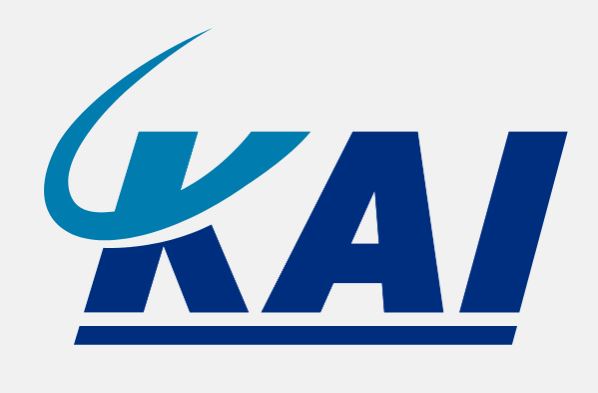The Korea Aerospace Industries (KAI) was charged with a penalty of 7.8 billion won from the financial authorities for violating accounting standards.
It is the largest since the financial authorities imposed a penalty of 8 billion won on Samsung Biologics in 2018 for deliberate fraudulent accounting.
The Securities and Futures Committee (Jungseon Committee) under the Financial Services Commission held a regular meeting on the 17th and imposed a penalty of KRW 7.89 billion on the Korea Aerospace Industry (KAI) for violating accounting standards, and was appointed as an auditor for two years, request for correction, and internal control. It announced that it has voted for measures such as recommendations for improvement.
“The standard amount of penalty surcharge is calculated by multiplying the daily average transaction value by the rate of importance and intentional imposition,” said an official from the Jeon-Seon Committee. “Considering that the violation occurred over a long period of time and the amount of fraudulent accounting was large, each violation “The scale was calculated by summing them,” he explained.
Along with this, the Jeung Seon Committee recommended dismissal to the former CEO, officers in charge, and the audit committee, but replaced by notification of the violation as the targets had already resigned.
According to the Jeungsun Committee, KAI published its 2011-2017 business report and submitted three securities reports, using financial statements that violate accounting standards.
It was found that KAI overestimated the amount of sales in such a way that the advance payments paid to business partners were regarded as incurred costs (material costs) regardless of whether the construction was performed or not.
In addition, the cost of sales and sales were overestimated by replacing the cost of a specific project with the cost of another project or by randomly sending out deliveries to increase the construction progress rate. Intangible assets (development costs) were overstated, and the provision for defect repairs was underestimated.
The Jeung-Seon Committee imposed measures such as 396 million won in fines, 30% additional accumulation of damages compensation joint fund, and a two-year limit on audit work for the KAI, to the Samil Accounting Firm, which served as KAI’s auditor.
